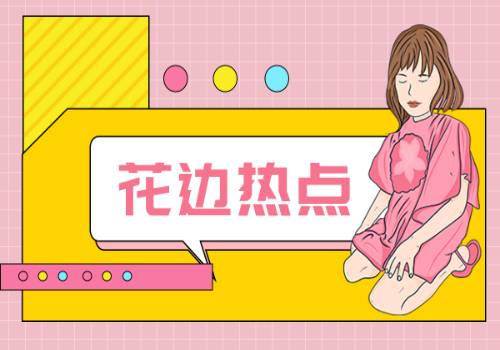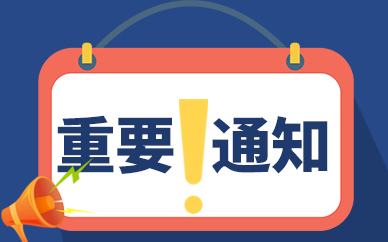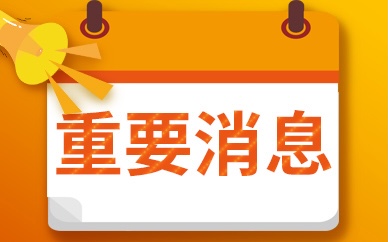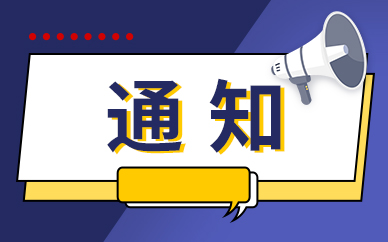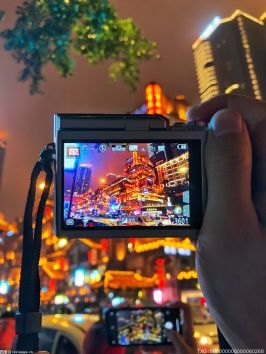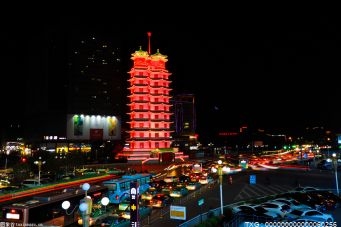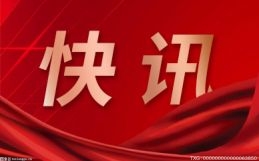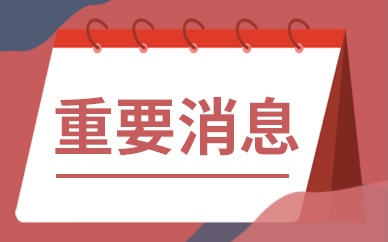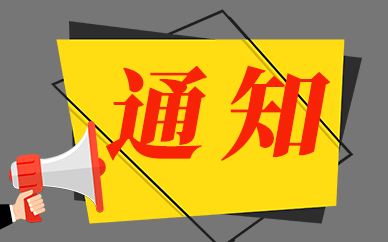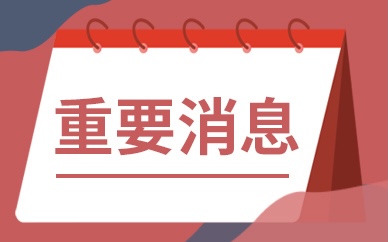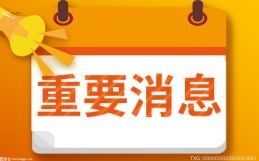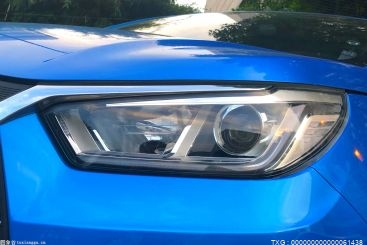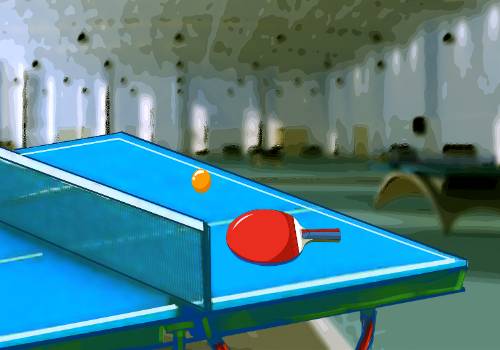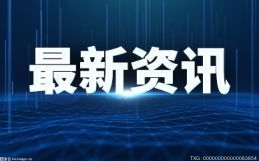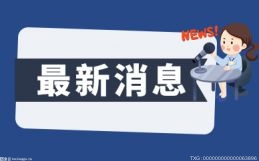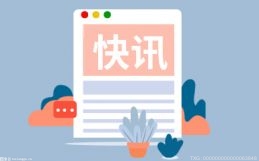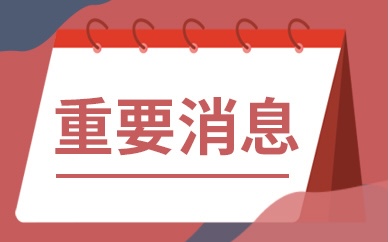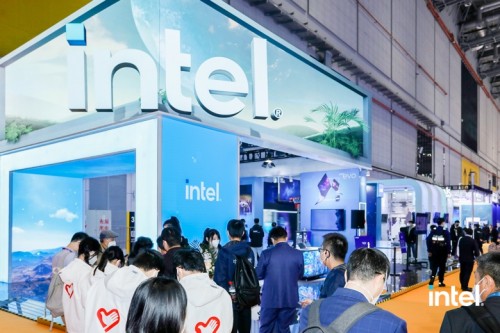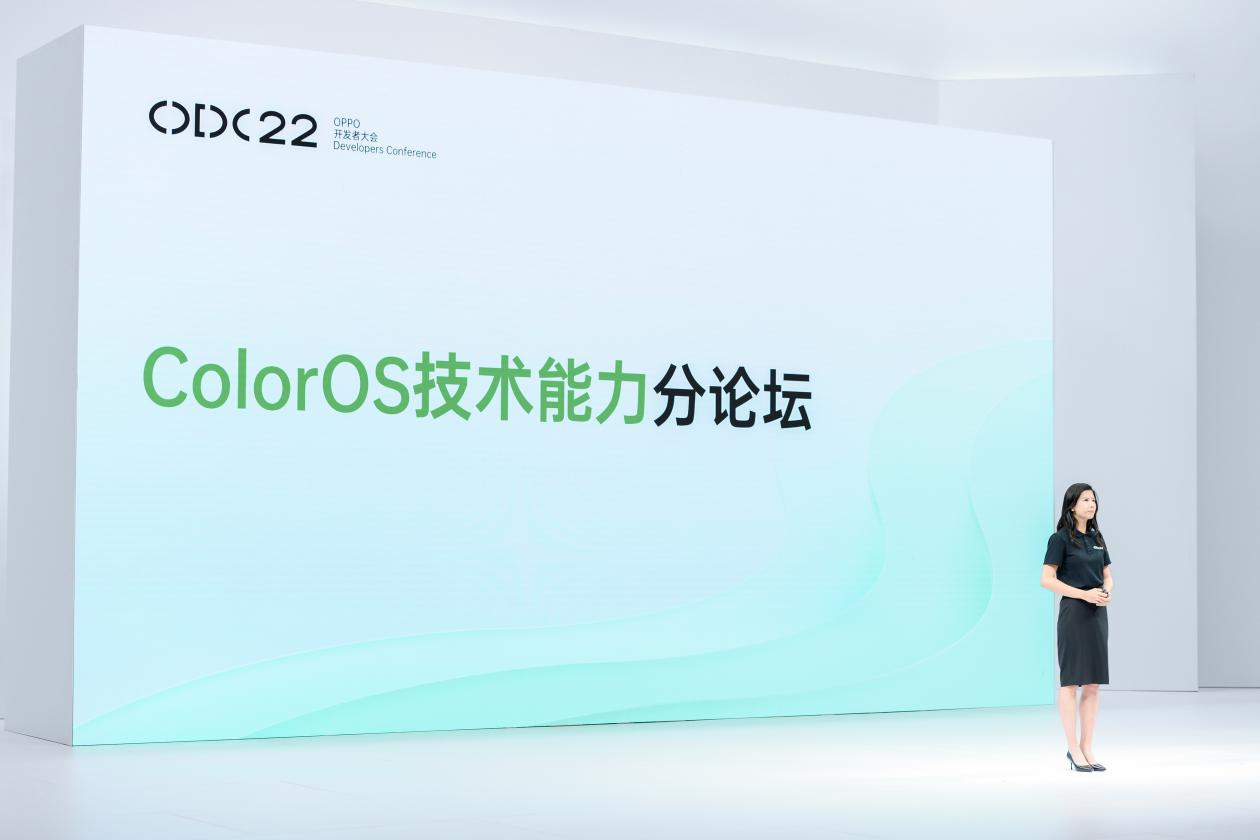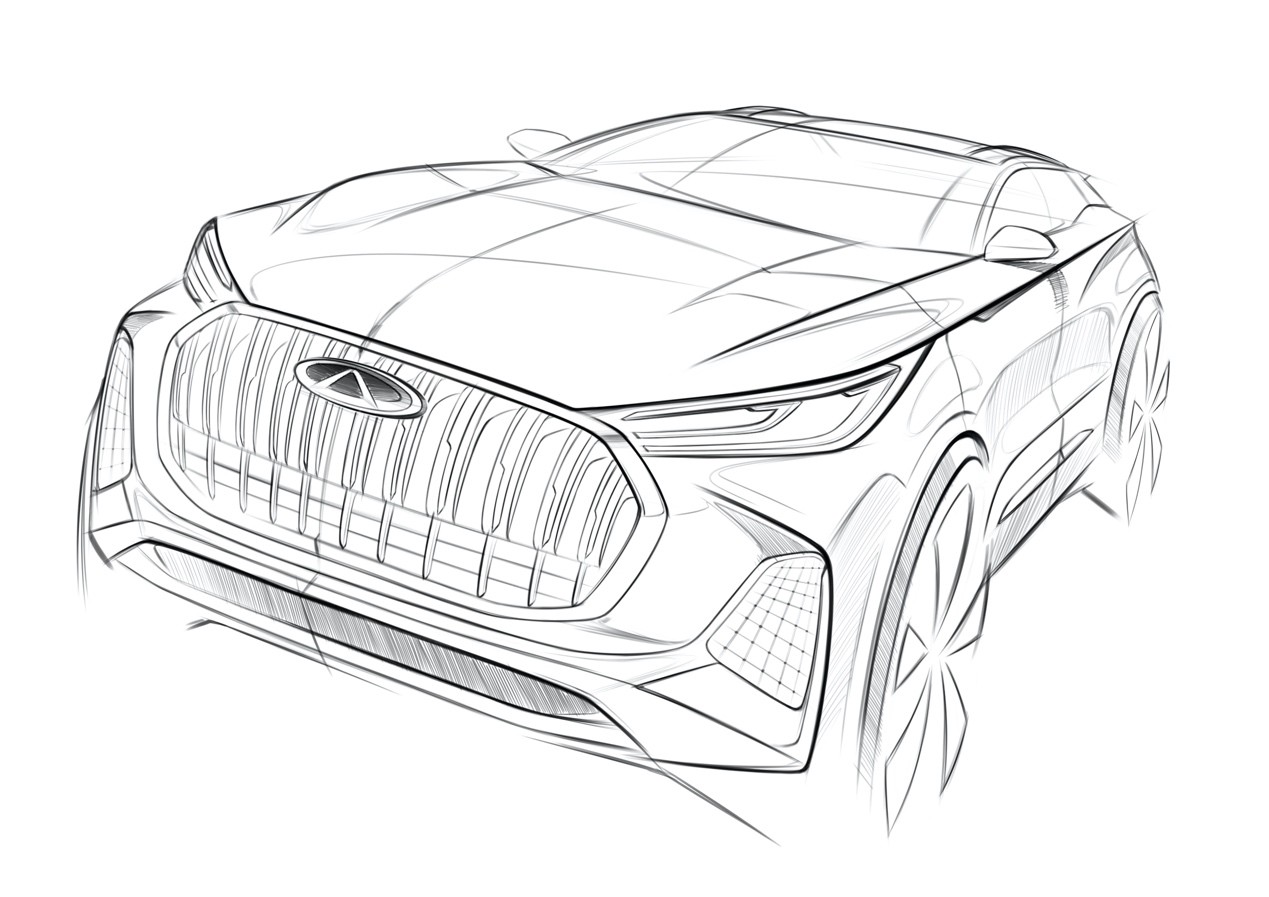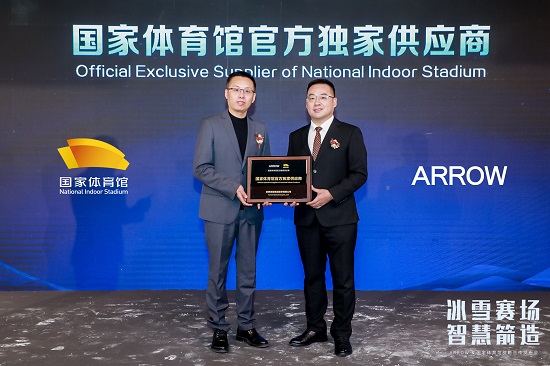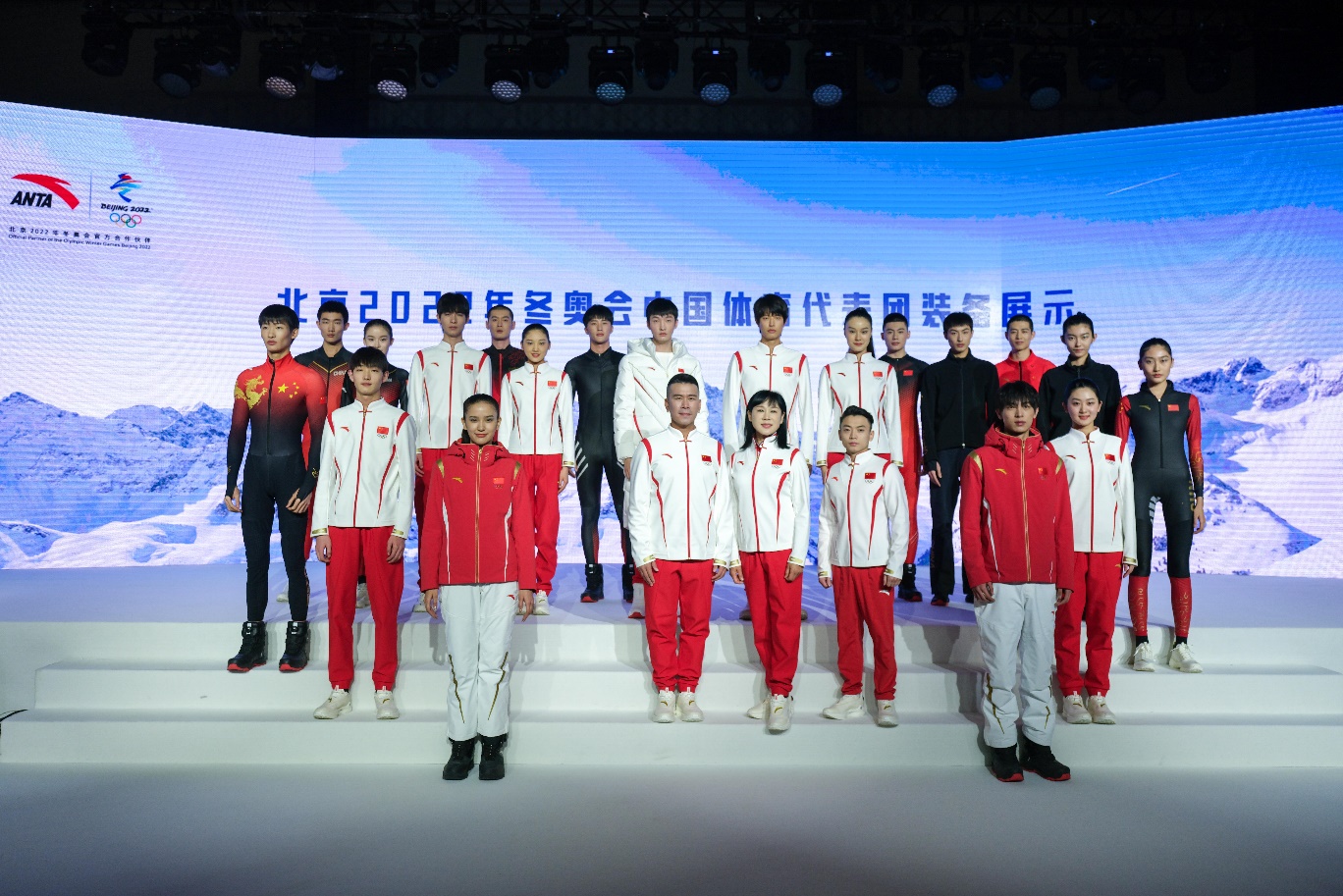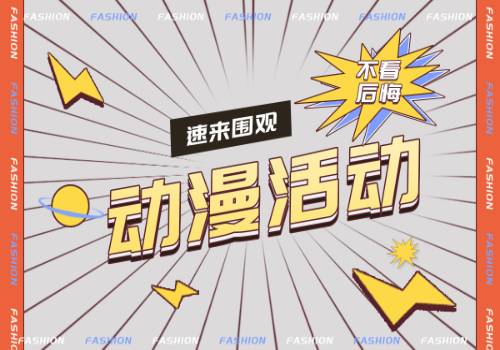 (相关资料图)
(相关资料图)
BEIJING, March 10 (TMTPOST) – The Dutch government has said it would soon introduce new restrictions on exports of semiconductor technology to protect national security.
In a letter sent to the parliament on Wednesday, Dutch Trade Minister Liesje Schreinemacher announced that it was necessary to expand existing export controls over specific semiconductor production equipment, and that it was aimed to publish ministerial regulations regarding the export of such equipment by this summer. According to Reuters, the announcement marks the first time that the Netherlands, a leader in the semiconductor industry, has taken concrete action to hinder China’s chip-making industry by adopting rules urged by Washington.
The letter did not mention China explicitly, though. In her letter, Liesje Schreinemacher referred to additional national export controls over specific technologies in the semiconductor industry, such as the most advanced deep ultraviolet (DUV) immersion lithography and deposition. “The additional controls will be as precise as possible to prevent unnecessary disruptions to the value chain,” read the letter.
ASML responded to the open letter on the same day, stating that for state-of-the-art immersion DUV lithography machine, application for an export license would be required in the future. In the statement, ASML re-emphasized that the Dutch government’s additional export controls would not have a fundamental impact on its revenues for 2023, and that the needs of mature process users would still be met.
In 2018, the US government successfully lobbied the Dutch government to prohibit ASML from exporting EUV lithography machines to China. As a result, China’s semiconductor industry is relying on some of the more advanced DUV products, such as ArFi, to achieve 14nm or even more advanced processes through improvement of technologies. ASML and Japan’s Nikon are the only two suppliers of this type of lithography machine in the world.
Seeing that China’s production of 14nm chips wasn’t completely blocked, the United States introduced new regulations on semiconductor export control on October 7 last year, hoping to further pull together the Netherlands and Japan to prevent the export of relevant semiconductor manufacturing equipment to China by way of legislation. Last October, the Biden administration imposed export controls on U.S. machines for chip manufacturing to limit China’s access to advanced chips, and urged allies such as Japan and the Netherlands to make similar efforts. As of now, Japan has not responded to such urges.
If the export control eventually goes as ASML expects, Chinese wafer fabs will only have access to NXT: 1980Di and its follow-up products, and the alignment accuracy will remain at 2.5 nanometers. Although there have been discussions in academia about using NXT: 1980Di to produce 7nm/5nm process chips, the industry tends to use this type of lithography machine only for the production of chips with a process below 10nm, due to factors such as technical difficulty, production cost, and yield rate. If restrictions on exports of semiconductor technology becomes a reality, it will not only cause huge damage to China’s semiconductor industry, but also hurt the interests of global consumers.
关键词:

